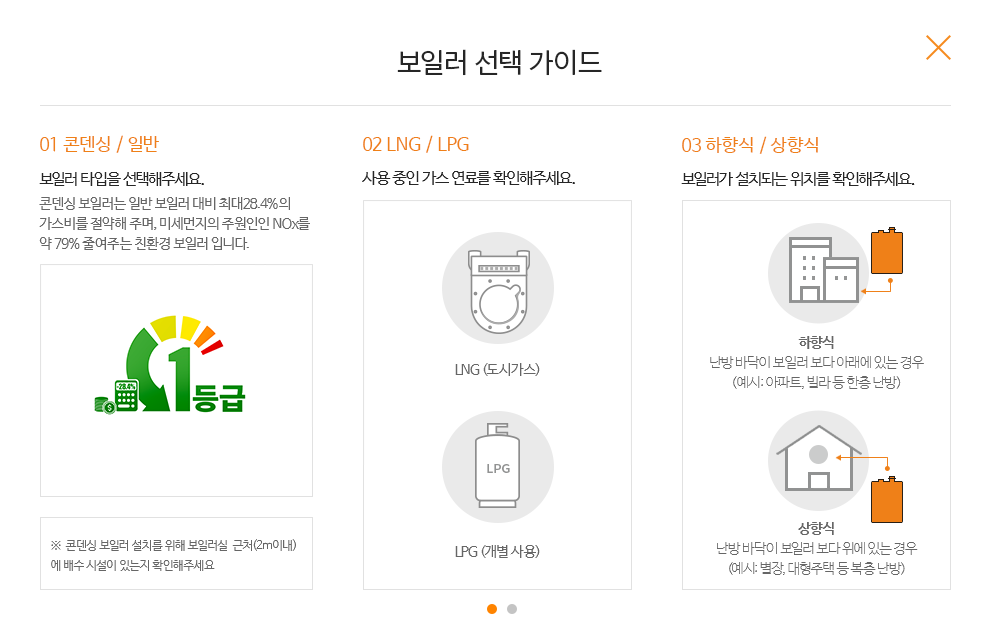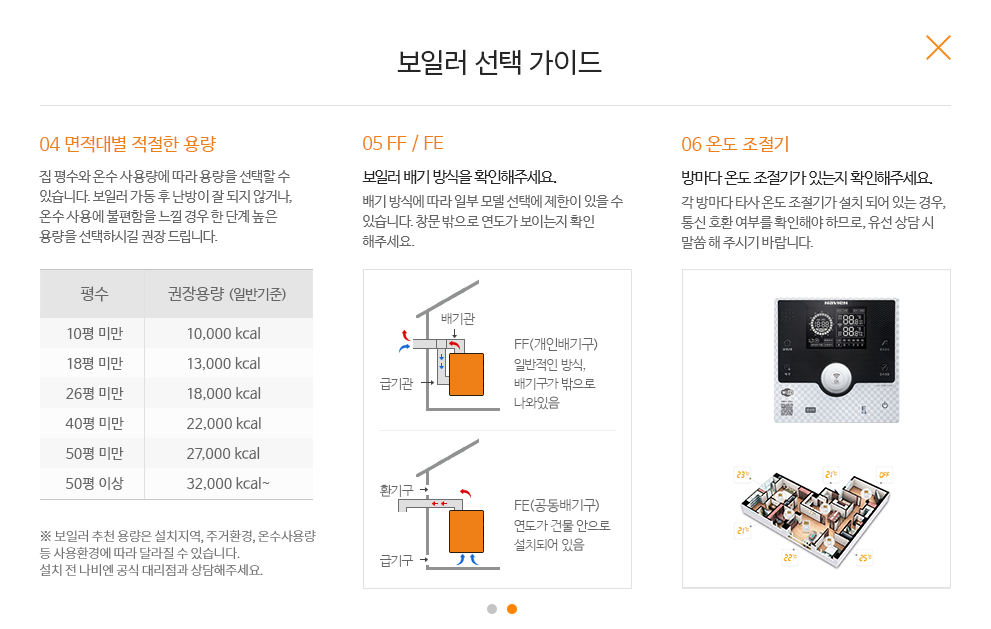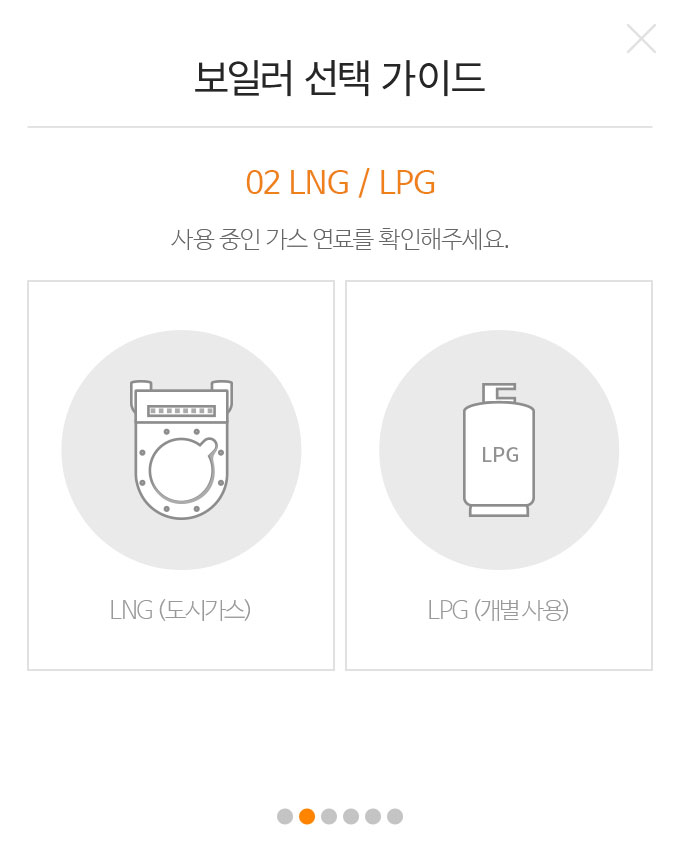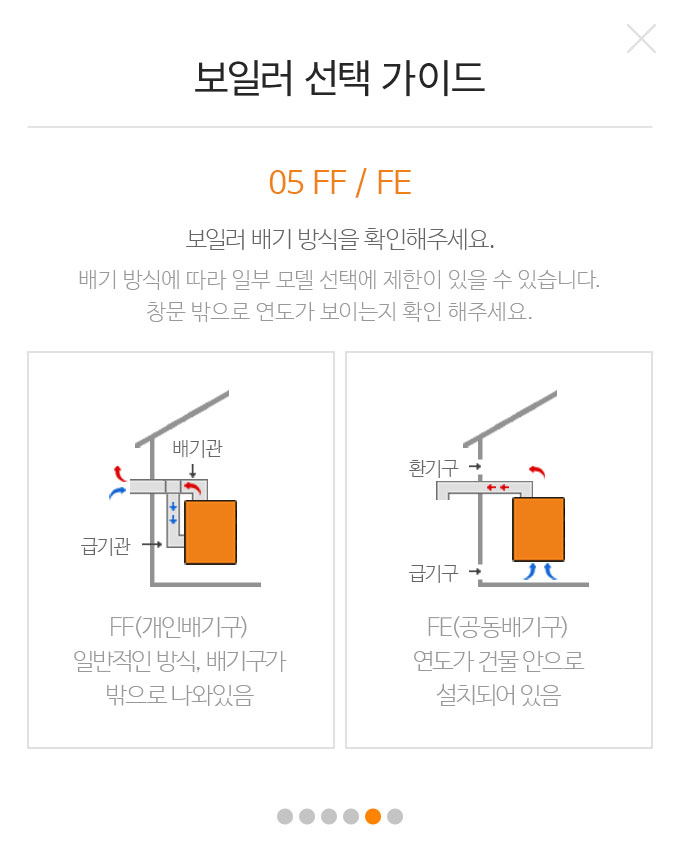About Condensing
Condensing Technology Protects the Planet
- Condensing: A Smarter Way Forward
Technology that maximises energy efficiency and supports the environment.


The Environmental Impact of Greenhouse Gases
and Particulate Matter


- Greenhouse gases and global warming
- Greenhouse gases are the primary drivers of global warming, which is causing severe harm to our planet. - Rising temperatures are leading to increased desertification, more frequent natural disasters such as droughts, floods, and typhoons, and significant ecological disruption.The main cause of global warming is greenhouse gas! • The main contributor to global warming is carbon dioxide, which is released into the atmosphere when fossil fuels are burned. This results in the greenhouse effect, trapping heat and raising the Earth’s temperature.
- Particulate matter: what is it?
- Particulate matter (PM) refers to a mixture of tiny particles generated by burning fossil fuels or through chemical reactions with air pollutants like nitrogen oxides and sulphur oxides. PM is classified based on size: fine particulate matter (PM2.5) and ultrafine particulate matter.


- Why is particulate matter harmful?
- Particulate matter poses a significant threat to human health because it bypasses the respiratory system’s natural defences. - When inhaled, immune cells attempt to remove it, but this process can cause inflammation, leading to asthma, respiratory issues, and cardiovascular diseases.
- : Linked to asthma, respiratory and cardiovascular diseases.
- Recognised as a Group 1 carcinogen by the International Agency for Research on Cancer (IARC) under the World Health Organisation.
- Ultrafine particulate matter can harm the lungs, bronchi, and brain, increasing the risk of lung cancer, stroke, and heart disease.
- Condensing technology offers an environmentally friendly solution by reducing emissions and promoting energy efficiency, helping to mitigate these harmful effects


Condensing Technology Protects the Planet


- What is Condensing Technology?
- Condensing technology recycles heat to maximise efficiency, significantly reducing energy consumption.
- How do condensing boilers reduce greenhouse gases and particulate matter?
- Boilers account for 70% of household energy use. Switching to energy-efficient condensing boilers cuts down on nitrogen oxide (NOx) and particulate matter emissions, improving air quality.Unlike conventional boilers, condensing boilers reuse the heat from exhaust gases generated during combustion.This process reduces energy consumption by up to 19% and lowers greenhouse gas emissions.
-
Reduces NOx emissions in homes and industries.
-
Reduce NOx emission in theequivalent to plantingindustrial sectors
-
The impact of using one condensing boiler isequivalent to planting208 trees annually.
-
If every household in South Korea adopted condensing boilers,the environmental benefit would equaldeploying 3.4 million hydrogenfuel cell vehicles each year.




- Condensing Boilers Lead the Global Market
- Condensing boilers are eco-friendly energy solutions that save energy while reducing CO2 and NOx emissions, both of which contribute to particulate matter and the greenhouse effect. Many European countries mandate the use of condensing boilers by law to improve energy efficiency and protect the environment. Governments often offer subsidies to support their adoption due to their proven environmental benefits.
Condensing: A Smarter Way Forward
Technology that maximises energy efficiency and supports the environment.
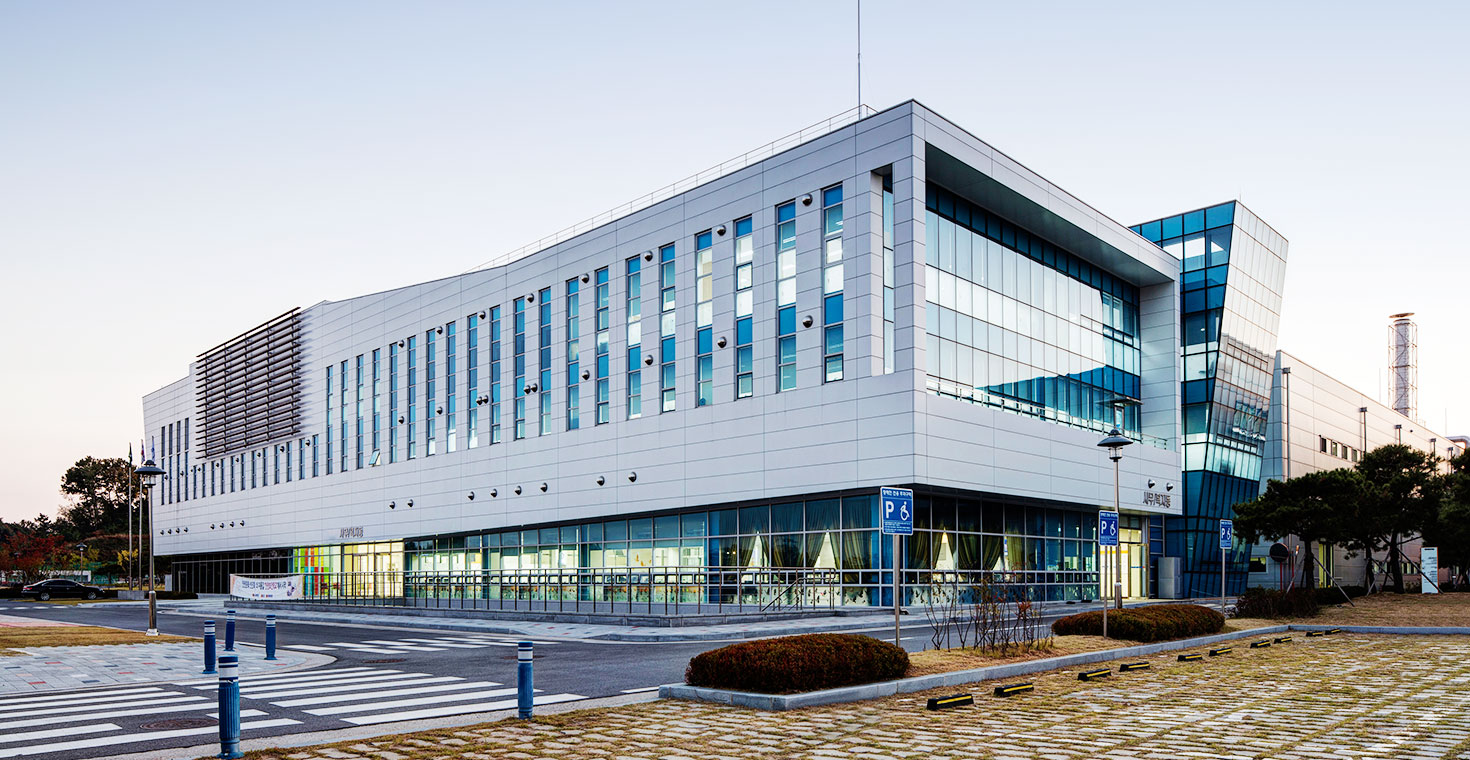

- Condensing Technology: A Sustainable Future From First to Best
- Since introducing condensing boiler technology to Asia in 1988, KD Navien has pioneered innovation in this field.Recognising the need for energy efficiency in resource-scarce regions, the company has continuously advanced its technology.Today, KD Navien’s products are renowned for their superior thermal efficiency and eco-friendly performance. In Korea, they lead the market, reflecting a growing demand for sustainable, high-quality solutions.


-
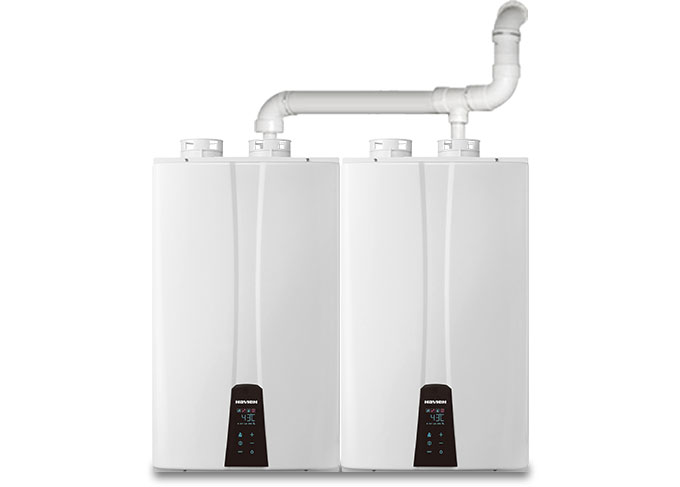
- New Commercial Solution: The Cascade System
- The cascade system is a highly efficient heating and hot water solution.Designed for commercial applications,it can replace mid- to large-sized boilers and save between 20–40% of energy,depending on the site. This system also reduces CO2 and NOx emissions,addressing global warming and particulate matter concerns.
-
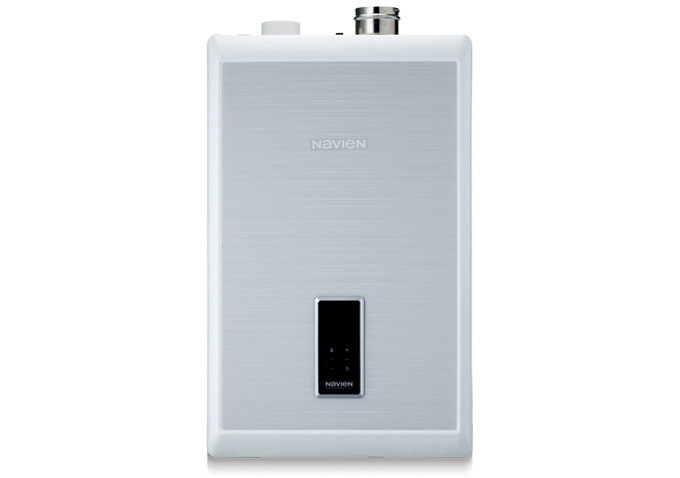
- America's No.1 Condensing Boiler: The NCB900
- The NCB900 takes efficiency to the next level by condensing and recycling exhaust heat, which conventional boilers typically waste. Using an advanced latent heat exchanger, it minimises energy waste while reducing CO2 and NOx emissions. The result is a highly efficient, eco-friendly boiler that supports cleaner air and a healthier planet.

